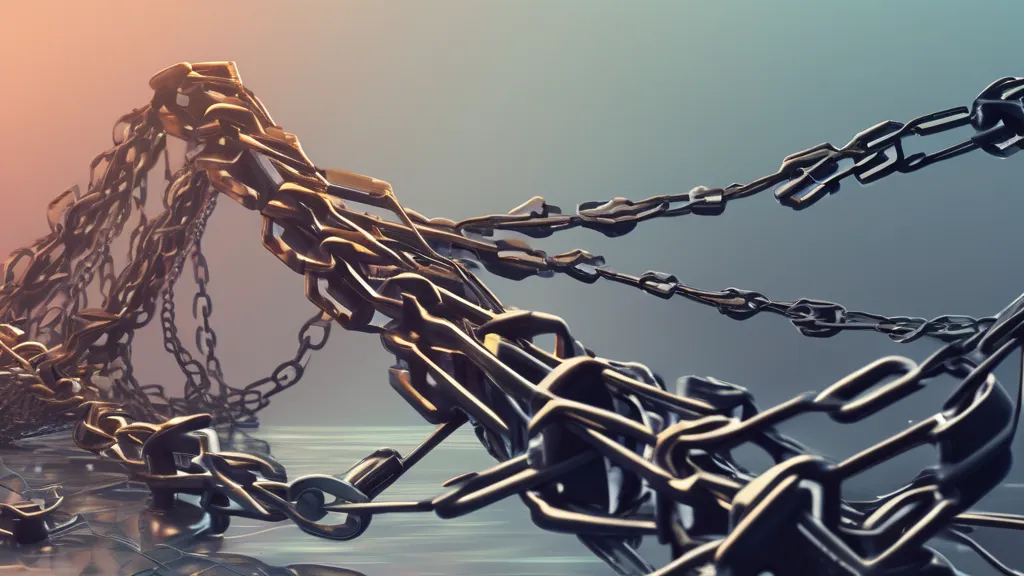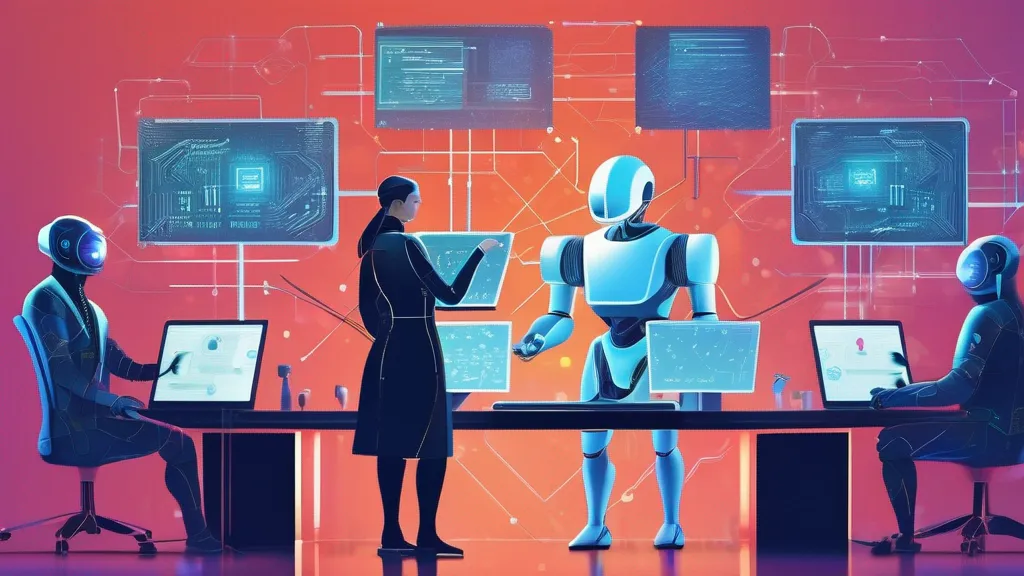Deconstructing Trump's Executive Order on Debanking: A Complex Web of Intentions and Implications
- Explores the end of reputational risk regulation.
- Investigates the implications of politicized debanking.
- Analyzes the complexities of the rebanking mandate.
- Considers the potential impact on financial institutions.
Introduction: Navigating the Complex Terrain of Debanking
In an era characterized by heightened political and social polarization, the financial sector finds itself increasingly embroiled in controversy. The term “debanking”—the practice of financial institutions terminating or refusing services to individuals or groups based on their political or religious beliefs—has become a flashpoint in this discourse. President Donald Trump’s recent executive order on debanking attempts to address this contentious issue. While it offers some promising steps, it also leaves a trail of ambiguity and unanswered questions. This article unpacks the multifaceted aspects of the executive order, examining its potential impact and the broader implications for the financial landscape.










